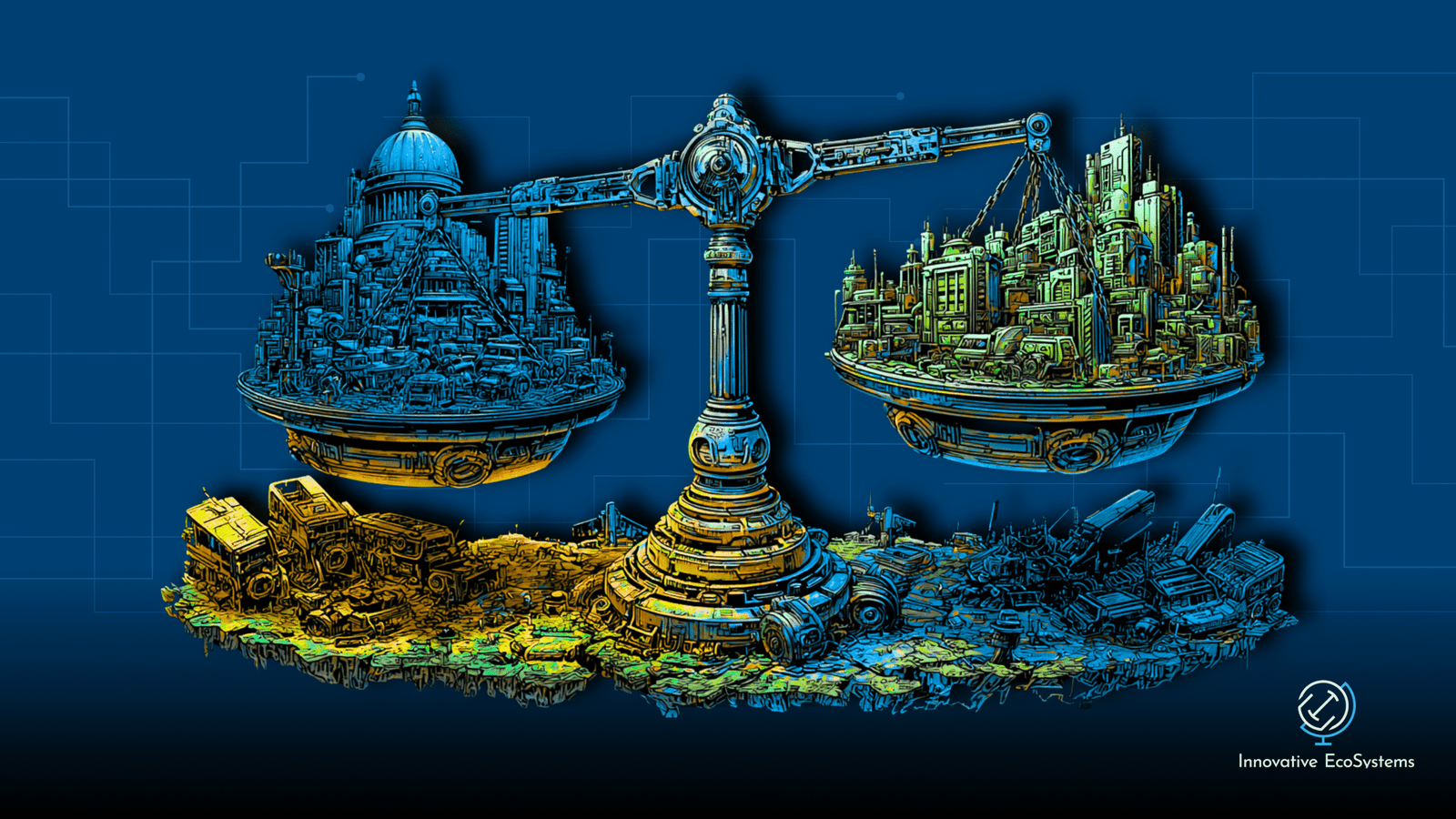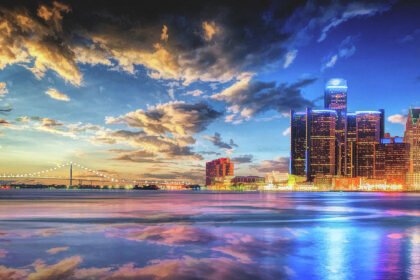Steel-Belt Beginnings & Motown Beats: Why Detroit Built Everything from Ford to Funk Long before it became a symbol of rust a city off track, Detroit was a strategic settlement founded in 1701 by Antoine de la Mothe Cadillac at Fort Pontchartrain du Détroit, a riverfront trade nexus between French Canada and the Great Lakes. I want to explore Detroit with you, economically, for a few reasons; in particular, the fact that as a lesson to every city, Detroit announced this week an intention to close the gap they have on a couple of the pillars of economic development of startups.
Join me to learn about Detroit but also to learn what you might address better where you live. Rebuilt after the 1805 fire, the city was shaped into a grid of broad avenues by Augustus Woodward, borrowing principles from Washington, D.C., and became the nerve center for Michigan Territory by mid-19th century. Its border status made it a key stop on the Underground Railroad, embedding a foundational culture of escape, resilience and reinvention. Imagine the possibilities given that collision of people. In the early 20th century, Henry Ford’s Highland Park Plant and its revolutionary assembly line turbocharged mass-manufacturing, instantly transforming Detroit into the Motor City and the epicenter of a global auto economy. The city surged to become the fourth-largest in the U.S. by 1920, thanks to high-volume consumer auto production fueled by Great Lakes shipping and rail (infrastructure).
As a result, Detroit’s cultural ecosystem blossomed. As the factories hummed, Black Americans migrating from the South infused the city with music, leading to the birth of Motown in the 1950s, the soundtrack of civil rights and commercial crossover. These melodies weren’t just catchy; they were proof that Detroit’s DNA combined industrial muscle with creative soul. The roots of entrepreneurship. The Engine of Culture Fuels Startup Spirit Detroit reminds us that a startup hub isn’t a place filled with code labs and ping-pong tables. It’s a cultural crucible, where music, manufacturing, and creative expression converge.
Motown wasn’t Silicon Valley, but Ford was a groundwork of innovation; music disrupted the social order, establishing the makings of really matter (innovation and creativity underpinnings) just as we’ve seen and I’ve written about in exploring Silicon Valley, Austin, or Manchester – this is how Detroit startups will disrupt traditional sectors today. The decline that peaked in the 2013 bankruptcy, followed by the “Grand Bargain” saving the Detroit Institute of Arts, pensioners, and public assets in 2014, was key turning point. Figures like Dan Gilbert of Quicken Loans moved headquarters downtown, bought cheap skyscrapers, and brought in big employers.
That sparked a revival in downtown Detroit, with restaurants, design firms, Shinola, Chalkfly (now as Purpose Jobs), and more, filling the formerly empty towers. Fast forward: Detroit is now ranked as the second-fastest growing global ecosystem in recent years, with a boom in startups in mobility, AI, advanced manufacturing and health tech. The pivot from cars, with creativity, shows that Detroit lives at the crossroads of hardware, software, and storytelling.



